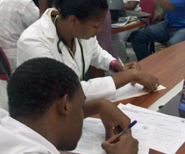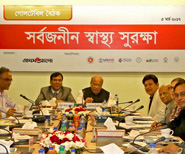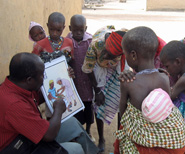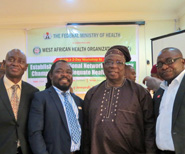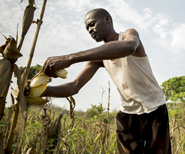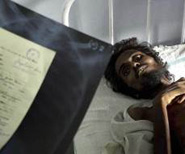As Nigeria strives to make progress towards universal health coverage, it is important to recognize the potential strategic role of the media in promoting the benefits of healthcare financing reforms. The media plays an important role in society helping to create and shape public opinion. Recognizing this fact and providing accurate information and training to […]
Journalists in Nigeria’s Cross River State Put Training into Action to Talk Health Insurance








